
When Vonte Skinner stood trial in New Jersey in 2008 for a drug-related shooting that he claimed he did not commit, a detective read to jurors at length from a book of amateur rap lyrics discovered in Skinner’s car the night of the crime. They referenced bloodshed and violence and death – but they weren’t connected to the actual facts of the case. Skinner was later found guilty and sentenced to 30 years in prison.
“It made absolutely no sense,” says Ezra Rosenberg, an attorney who worked with the American Civil Liberties Union on Skinner’s appeal. “This was a guy who was convicted of an extraordinarily serious crime based on evidence that included his rap lyrics, when there was nothing in them that was connected in any way to the crime he was convicted of.”
Years later, prosecutors are still frequently using lyrical references to gangs, drugs and violence to help win convictions against the people who wrote them. It’s a tactic more often used against amateur rappers like Skinner, but big names like the late Drakeo the Ruler and Bobby Shmurda have also had their own lyrics used against them in recent years.
Now, lawmakers in New York are pushing for a first-of-its-kind statute that would tightly restrict when hip-hop can enter the courtroom. The bill, introduced in November, would only allow lyrics to be admitted as evidence if the government can show they are directly literal statements.
The new law is a response to growing concern over the practice, as critics argue it denies defendants – innocent or guilty – their right to a fair trial. They say lyrics, even if provocative, have little value when deciding real crimes. Or worse, that the practice plays into existing prejudices against young Black men.
“Using rap lyrics reinforces common narratives and stereotypes that Black men are violent, dangerous criminals, and is a powerful way to frame a story of guilt that resonates with audiences,” said Andrea Dennis, a professor at the University of Georgia School of Law who co-wrote a book on the subject.
Such criticism has largely been rejected in court, including very recently. In late 2020, the Maryland Supreme Court upheld a conviction secured using rap lyrics. And over just the last six months, upper courts in both Connecticut and Tennessee have both issued new rulings doing the same. They joined scores of other states have said rap lyrics are generally fair game despite the risk of jury bias.
But experts are hopeful that New York’s proposed law, which won vocal support from Jay-Z, Kendrick Lamar and other top artists, could be a game-changer, particularly if big names continue to throw their weight behind the fight.
“Frankly,” says Charis Kubrin, a professor at the University of California, Irvine, who has been studying the issue for a decade, “it’s about time.”
A Growing Problem
Prosecutors have used rap lyrics for decades. A 1994 ruling in California admitted them as evidence in a murder trial, and a 2004 manual issued by the American Prosecutor’s Research Institute suggested that music could be used in gang cases to “invade and exploit the defendant’s true personality.” In 2006, an FBI report told investigators that gang members often “compose and put their true-life experiences into lyrical form,” and said such songs could be the evidentiary “cement” needed to win convictions.
Court-watchers and academics really began to take notice – and to throw up red flags – in the early 2010s, when Kubrin saw a “huge ramping up” of the practice in courts across the country. In the years since, high-profile cases against Boosie BadAzz, Tay-K, and Drakeo the Ruler have all featured lyrics, plus many times more involving amateur rappers. In her 2019 book on the subject, Rap on Trial: Race, Lyrics, and Guilt in America, Dennis and co-author Erik Nielson say they’ve identified roughly 500 cases using rap music over ten years of tracking it.
Technological advancements in recent years have only contributed to the problem. The rise of smartphones and social media created an environment where far more amateur rappers could record and share content to a public forum that that could easily be accessed by investigators and district attorneys. And information posted to the internet never really goes away.
“I think the government became more adept at combing through online material in a proactive way,” said Kubrin. “I’ve heard of police departments having trainings around how to use social media to help identify potential perpetrators.”
“Inherently More Incriminating”
As the practice seemingly spread, so did criticism.
A central complaint is that it unfairly treats hip-hop – and hip-hop alone – as a statement of fact rather than artistic expression. The genre has a long tradition of figurative and hyperbolic language about real-world problems, but critics say that doesn’t mean rap lyrics are confessions to a crime or plans to commit one.
Just like we don’t assume that Freddie Mercury really pulled his trigger in “Bohemian Rhapsody” and or that Johnny Cash shot a man in Reno just to watch him die, critics say the assumption shouldn’t be that rappers who talk about violence and crime are doing so literally.
“The tactic denies the artistic heritage, nature, and value of rap music, and strips the work and authors of all creative effort, as well as internal and external context that should inform one’s understanding of the music,” Dennis said.
The ACLU has also argued that using rap in court violates the First Amendment, by unfairly targeting one type of expression with unfair government scrutiny. In a brief filed last year in a Tennessee rapper’s murder case, the group argued that drill music was no less worthy of free speech protections than other music, even if the subgenre centers on dark, violent themes.
“The trial court in this case treated rap music as inherently more incriminating than other artistic and musical forms,” the ACLU wrote in the brief.
But by far the largest problem cited by critics is that the use of hip-hop has a dangerous tendency to unfairly sway jurors by tapping into their existing biases, including deep-seeded notions that young Black men are more likely to have committed a crime.
In an empirical study, researchers offered two groups of participants the same violent lyrics, but one group was told it was from a rap song while another was told it was from a country song. The result? The group presented with the “rap” lyrics were more likely to say they were “offensive and dangerous” than the group presented with the “country” lyrics.
There’s no doubt there are times when lyrics should appear in court, like a direct reference to an actual crime. But short of that, critics say any benefit of using them is almost always outweighed by the potential to deprive a defendant of an unbiased jury.
Little Progress In Court
Over time, that criticism has had some effect. The use of rap in court has been widely covered in the media, and defense attorneys are now better prepared to rebut such evidence or seek to have it excluded from court. Kubrin and her colleagues have conducted updated studies that show the prejudicial effect rap can have on jurors, and have maintained online resources for defendants and judges.
“For the longest time, prosecutors were making these claims and basically people were in the dark about it,” said Kubrin. “The thing that’s changed the landscape is that both defense attorneys and judges are now much more educated. Defense attorneys are bringing on expert witnesses, or they’re reading up ahead of time about the various claims that are made by prosecutors.”
But such awareness has not yet translated into broad results in the courts. Individual trial judges refuse the evidence in certain cases, and a few top courts have pushed back. Most famously, the New Jersey Supreme Court overturned Vonte Skinner’s conviction in 2014, ruling that admission of “inflammatory rap verses” had potentially risked “poisoning the jury against the defendant.”
Most have not. In 2016, a divided Mississippi Supreme Court upheld a murder conviction secured against William Michael Jordan after prosecutors played jurors a rap video – one that that Jordan didn’t create and only briefly appeared in as an extra. The ruling came with a sharply-worded dissent, in which several judges complained the verdict was tainted by the use of “an inflammatory rap video with a tenuous connection to this case.”
That trend has continued to present day. In December 2020, the Maryland Supreme Court upheld a murder conviction against Lawrence Montague, at least partially based on a “jailhouse rap” in which prosecutors say he admitted to the crime. Though the court acknowledged that rap lyrics can have an “inherent prejudicial effect,” it said Montague’s lyrics had a strong enough connection to his alleged crime to be fair game.
In September, a Connecticut appeals court did the same in a murder case involving a man named Deonte O. Tomlinson. The court upheld Tomlinson’s conviction, despite also finding that prosecutors presented jurors with “irrelevant” rap lyrics about drugs, robberies and other “unrelated criminal activity” that had served “no other purpose than to portray the defendant as violent.”
And in January, a Tennessee appeals court affirmed the murder conviction of Christopher Bassett – the case in which the ACLU made its arguments about the First Amendment. Rejecting those arguments and others, the court said the lyrics were relevant enough to be used because the case involved gangs and the song referenced a “desire to harm members of the rival gang.”
“First Of Its Kind” Legislation
But where the judicial branch has been unmoved, experts are now hopefully that legislative will be able to pick up the slack.
In November, a group of New York lawmakers introduced legislation, dubbed “Rap Music on Trial,” that would strongly curb the practice in New York State. Sen. Jamaal T. Bailey, one of the bill’s co-sponsors, says he and his colleague Sen. Brad Hoylman were spurred to legislative action after seeing “something that has happened over and over.”
“Hip-hop lyrics are treated with unequal weight,” said Bailey, who represents the Bronx, the birthplace of hip-hop. “This is about the right for an artist have their work treated as art.”
If passed, the bill would limit the circumstances in which rap or any other form of “creative expression” could be shown as evidence of a crime to a jury. It would not ban the practice entirely, but prosecutors could only present lyrics or music videos to jurors if they can first clearly show the words were literal, rather than figurative or fictional.
“This is not excusing confessions to illicit activity,” Baily said. “We’re simply saying there should be a burden to overcome when you’re dealing with evidence of an artistic nature.”
The new legislation, in a state as large and influential as New York, could be a watershed moment for hip-hop in court. Dennis said it would be “the first of its kind nationwide,” and that no other state had even considered such a bill before.
In January, Jay-Z, Meek Mill, and a slew of others signed a letter endorsing Bailey’s legislation, penned by attorney Alex Spiro and by Nielson, the co-author of Dennis’ book. The letter made headlines with its star-studded list of signatures, saying “reform is urgently needed.”
“This tactic effectively denies rap music the status of art and, in the process, gives prosecutors a dangerous advantage in the courtroom,” Jay-Z and the other stars warned. “By presenting rap lyrics as rhymed confessions of illegal behavior, they are often able to obtain convictions even when other evidence is lacking.”
Predicting whether proposed legislation will ultimately pass is never easy. The new bill was reported out of committee in January and is currently awaiting a vote in the full New York state senate, while a companion bill in the state assembly is still in an earlier stage of the process.
Bailey says he and the bill’s other sponsors were optimistic about its chances. For Kubrin and others who have been tracking the issue, the attention raised by the bill is already a victory. She says she had tried to get major artists to sign onto previous efforts in court, but had struggled to gain traction with top artists who have not had their own music used against them.
“What makes this unique is the number of like top rappers that have gotten involved this time,” Kubrin says. “Something like this should be happening in states around the country to stop this pernicious practice.”
[flexi-common-toolbar] [flexi-form class=”flexi_form_style” title=”Submit to Flexi” name=”my_form” ajax=”true”][flexi-form-tag type=”post_title” class=”fl-input” title=”Title” value=”” required=”true”][flexi-form-tag type=”category” title=”Select category”][flexi-form-tag type=”tag” title=”Insert tag”][flexi-form-tag type=”article” class=”fl-textarea” title=”Description” ][flexi-form-tag type=”file” title=”Select file” required=”true”][flexi-form-tag type=”submit” name=”submit” value=”Submit Now”] [/flexi-form]
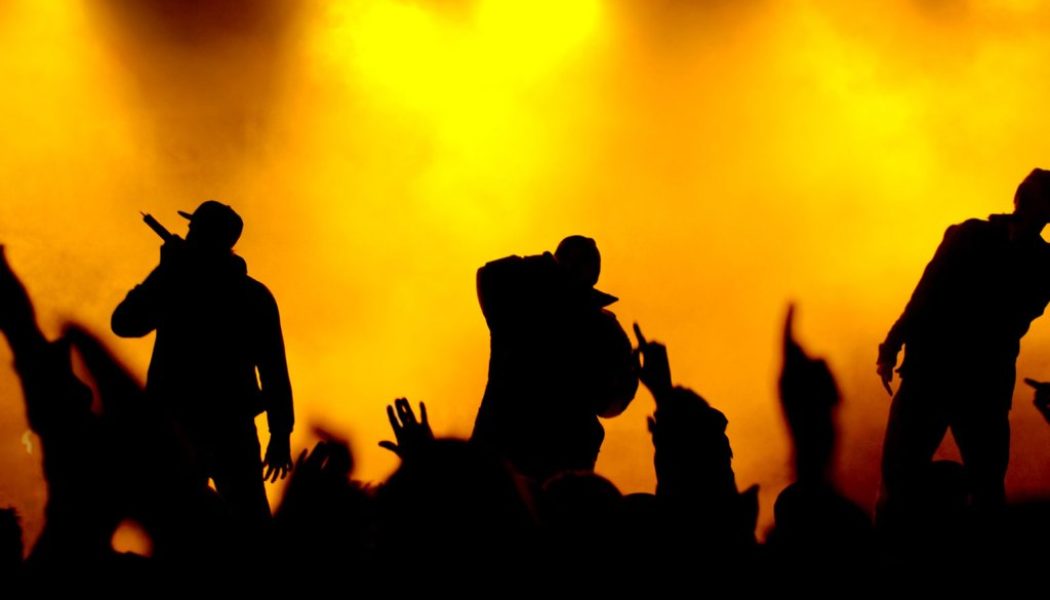


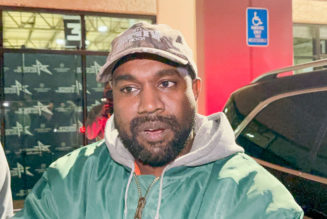
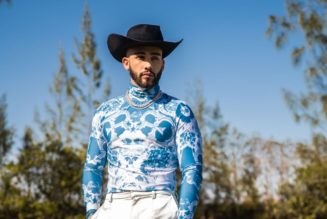
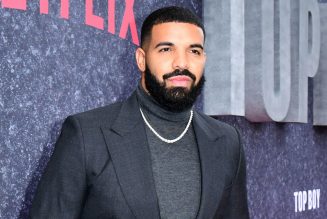
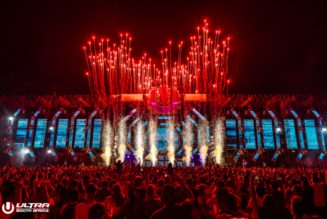
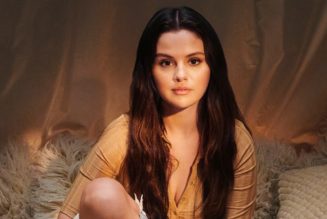
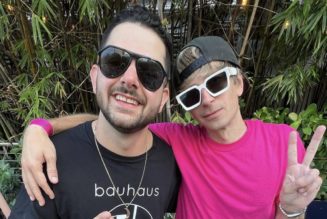
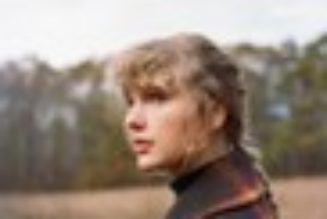
Tagged: business, entertainment blog, Hip-Hop, Legal, music blog